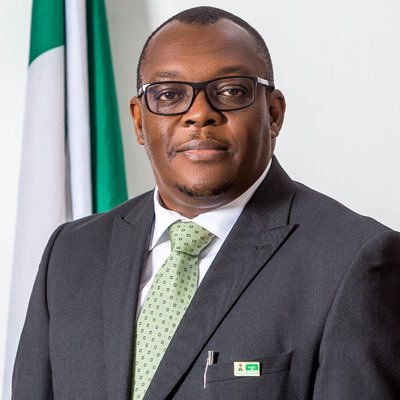
The director-general, Nigeria Centre for Disease Control (NCDC), Dr. Ifedayo Adetifa, has revealed that the centre is in partnership with states to conduct Joint External Evaluations (JEE) to assess their capacities to prevent, detect and rapidly respond to public health risks occurring naturally or due to deliberate or accidental events.
He disclosed this in his keynote address during the health security policy dialogue, organised by Nigeria Health Watch, themed “Decentralising Health Security; Lessons from the COVID-19 Response” today (July 14, 2022) in Abuja.
Recall that JEE is a voluntary, external evaluation of a country’s ability to find, stop and prevent disease threats.
Pre-determined core technical areas are used to assess a country’s capacity and readiness.
The JEE guides the development of the National Action Plan for Health Security (NAPHS), therefore ensuring that funds, technical capacity and other available resources focus on and prioritise major gaps identified.
Nigeria conducted a JEE in June 2017 and identified the critical gaps to be filled to protect the nation from the next major event.
A mid-term JEE was conducted in 2019 to help assess improvements from the previous one. It also helped review progress and identify challenges in the implementation of the NAPHS.
Lessons from this self-assessment showed the importance of continuous self-appraisal to determine a country’s level of pandemic preparedness and develop plans to strengthen health security core capacities, especially during periods between one public health event and another.
Adetifa stressed that one of the agency’s priorities was to provide support and coordination for optimal epidemic preparedness and response in states.
“This will help us as a country to identify the most critical gaps within our human and animal health systems to prioritise opportunities for enhanced preparedness and response.
“It is important to ensure that states understand their roles and the gaps that exist,” he said.
The director-general said that this was critical to strengthening the country’s health security.
The NCDC boss said that states must realise the need to secure funding for epidemic preparedness and response in budgetary allocations, in addition to political commitment.
“We will continue to push for states in Nigeria to see the power that lies in their hands to change the health outcomes in their localities and constituencies,” he added.
According to him, the major issue in the global and interconnected world is that the world is besieged by pathogens which can constitute a danger to everybody “because we are only as strong as our weakest link”.
The event also featured a panel discussion on the performance of epidemic preparedness structures deployed at the national level in response to the pandemic and learnings for sub-national structures.

